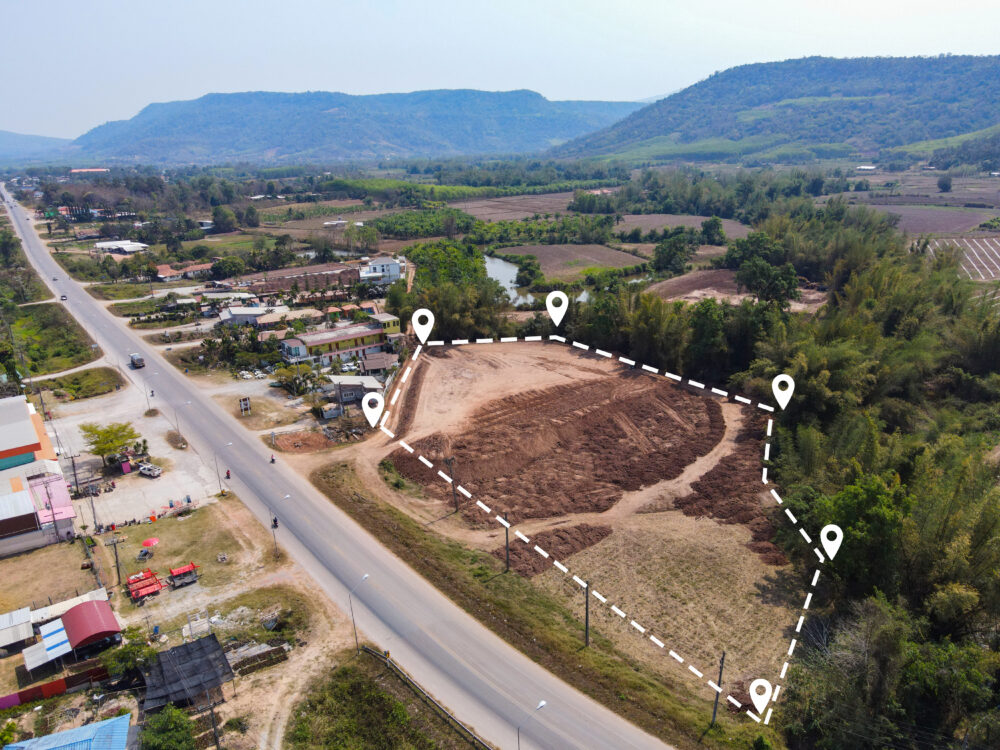1. Determining the types of taxes that need to be paid when individuals have income from real estate leasing
1.1. Personal Income Tax (PIT)
Leasing property, whether real estate or movable property, is essentially a business activity. Therefore, the income generated from leasing property is considered business income and is subject to PIT.
According to Article 22.1 of the PIT Law and Article 14 of Decree 65/2013/ND-CP, individuals earning income from business activities, including property leasing, are subject to PIT calculated based on a progressive tax rate. However, the regulation on applying the progressive tax rate for PIT on business income has been abolished.
Regarding how to calculate tax on income from real estate leasing, Decree 12/2015/ND-CP and Circular 40/2021/TT-BTC provide the following guidelines:
The amount of PIT payable = Taxable revenue x PIT rate
Where:
- Taxable revenue: is the total revenue including tax from all income arising during the tax period from real estate leasing activities, including bonuses, incentives for achieving sales targets, promotions, commercial discounts, payment discounts, monetary or non-monetary support; price subsidies, surcharges, additional fees as per regulations; compensation for contract breaches or other compensation; and other revenues the individual is entitled to, regardless of whether the money has been received or not.
- Tax rate: The PIT rate for property leasing is 5%, as stipulated by Circular 40/2021/TT-BTC.
1.2. Value Added Tax (VAT)
In addition to PIT, if an individual engages in real estate leasing for a full year and earns rental income of VND 100 million/year or more, the individual is also required to pay VAT at a rate of 5%. The amount of VAT payable is determined as follows:
VAT payable = Taxable revenue x VAT rate
Where:
- Taxable revenue: is the total revenue including tax (for taxable transactions) from all services provided (property leasing) during the tax period. Typically, this revenue is determined by the rental price stated in the lease agreement.
- Tax rate: The VAT rate for property leasing is 5%.
2. Other notes on tax declaration and payment when earning income from real estate leasing activities
Individuals who only lease property and do not engage in leasing for the entire year, and whose rental income is VND 100 million/year or less, are exempt from VAT and PIT. In cases where the tenant pays rent in advance for several years, the revenue used to determine whether the individual is liable for tax is the lump sum payment allocated across calendar years.
If an individual has multiple properties for rent, they must declare taxes for each contract or for multiple contracts on a single declaration form if the leased properties are located within the same tax authority’s jurisdiction, as stipulated in Article 9.1.b of Circular 40/2021/TT-BTC. The fixed VAT and PIT rates that individuals must pay on each contract are 10% if the rental income exceeds VND 100 million/year. Additionally, individuals must submit their tax declaration documents to the Tax Sub-department directly managing the location of the rented property.
Besides PIT and VAT as analyzed, individuals with multiple rental properties and total rental income of VND 100 million/year or more are also required to pay business license tax (Article 1.3 of Circular 65/2020/TT-BTC). The revenue used to determine the business license tax is the taxable PIT revenue from the property leasing contracts for the tax year, specifically:
- For individuals with multiple rental contracts at a single location: the business license tax is based on the total revenue from the leasing contracts for the tax year.
- For individuals leasing properties at multiple locations: the business license tax is based on the total revenue from the leasing contracts across all locations for the tax year, including cases where multiple contracts arise at a single location.
See more:
-
Procedures for applying for a business enterprise providing tax procedures services (tax agent)
-
Does personal income tax have to be paid for outsourced foreign workers?
Disclaimers:
This article is for general information purposes only and is not intended to provide any legal advice for any particular case. The legal provisions referenced in the content are in effect at the time of publication but may have expired at the time you read the content. We therefore advise that you always consult a professional consultant before applying any content.
For issues related to the content or intellectual property rights of the article, please email cs@apolatlegal.vn.
Apolat Legal is a law firm in Vietnam with experience and capacity to provide consulting services related to Business and Investment and contact our team of lawyers in Vietnam via email info@apolatlegal.com.





































